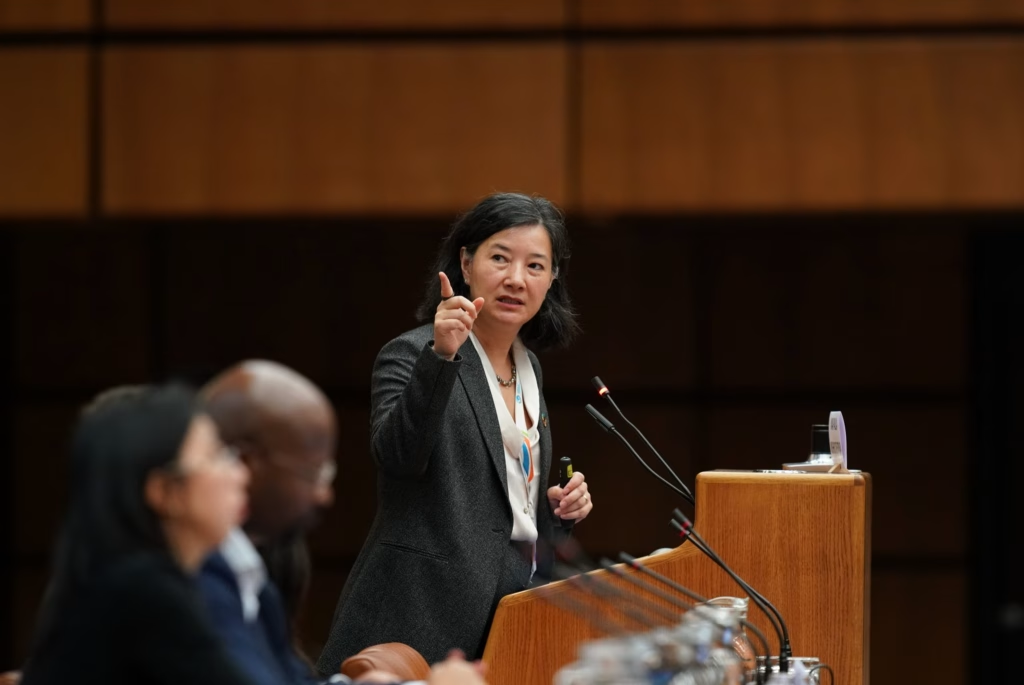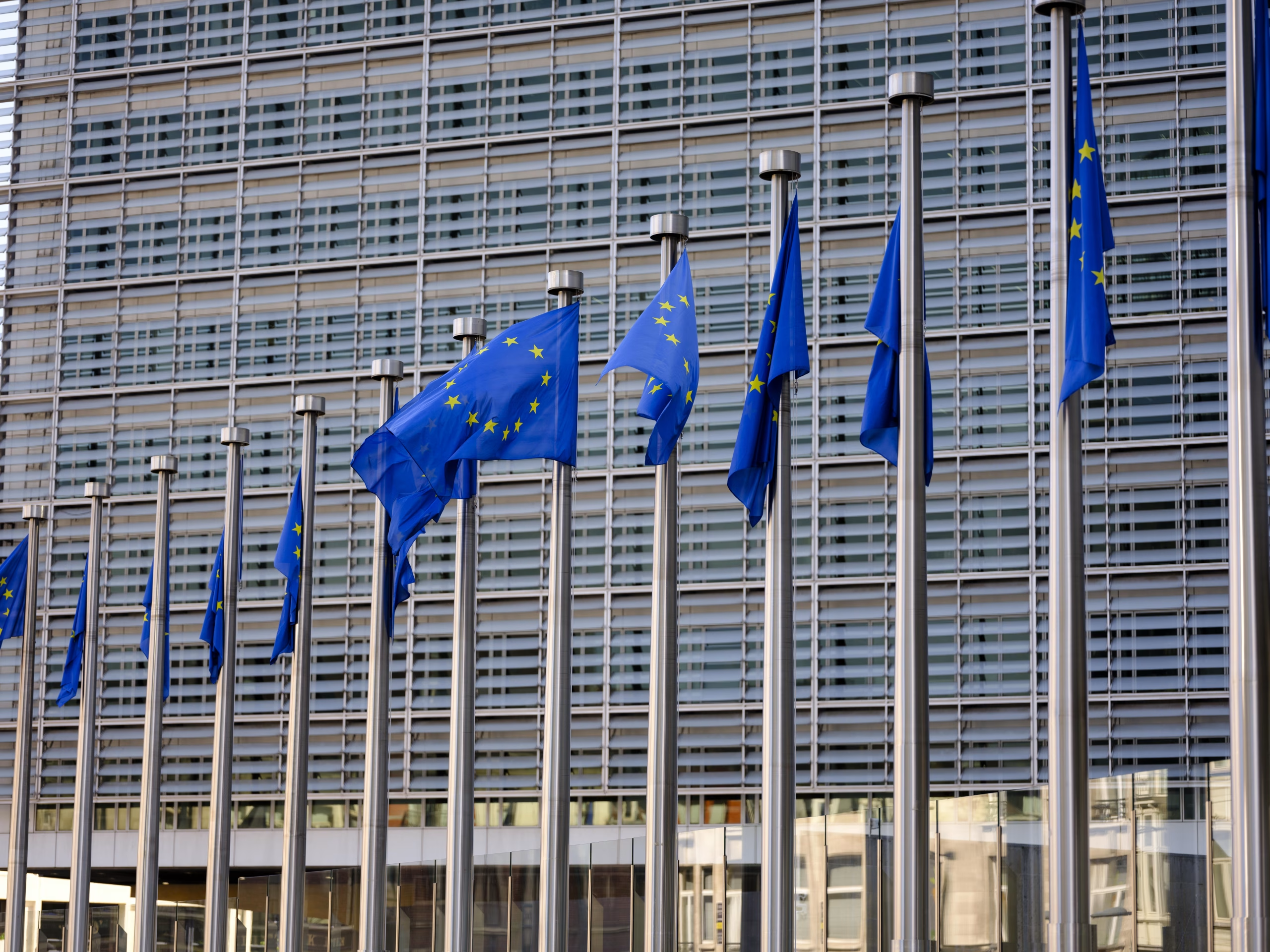On July 17th, the United Nations Office in Vienna hosted the AI for Developing Countries Forum, themed “Fair AI for a Fair World.” This pioneering event gathered experts, policymakers, and innovators worldwide to tackle the urgent issue of bridging digital divides and promoting inclusive AI development.

The event began with an impactful opening address by Tianze Zhang, highlighting the pressing need to leverage AI’s potential for global equity. Andrea A. Jacobs followed with an announcement of the Third AI for Developing Countries Forum set for 2025, demonstrating ongoing dedication to this critical conversation. Dr. Wendy O’Brien from the UN Office on Drugs and Crime delivered a compelling presentation on the convergence of human rights and AI, stressing the importance of ethical considerations in technological progress.

The morning sessions featured a keynote speech by Ana Paula Nishio de Sousa from UNIDO, discussing AI’s transformative impact on industrial development, especially in emerging economies. Ambassador Magdi Ahmed Mofadal Elnour provided valuable insights into AI’s effects on Less Developed Countries, sparking discussions on the opportunities and challenges these nations encounter in the AI era.

Throughout the day, panel discussions addressed essential topics such as AI for Inclusive and Sustainable Development, Data Sovereignty in AI, Democratizing AI in Emerging Economies, and AI Governance in the Global South. These sessions included a range of perspectives, facilitating meaningful debates on ensuring AI benefits all nations equitably.

The afternoon sessions featured presentations on Federated Data Infrastructures by Roland Fadrany and Enterprise Competitiveness in the AI Era by Daniel Ojdanic. These talks offered practical strategies for developing countries to harness AI while safeguarding their interests and nurturing local innovation.
The forum concluded with an engaging open discussion session, allowing participants to share their unique insights on AI in developing nations. This collaborative dialogue underscored the collective responsibility to shape an AI future that bridges global divides rather than widens them.
As the first day of the forum concluded, it was evident that the event successfully united diverse perspectives to address the complex challenges of AI development in the Global South. The discussions underscored the necessity for inclusive strategies, ethical governance, and international cooperation to ensure AI becomes a catalyst for global equity and sustainable development.















